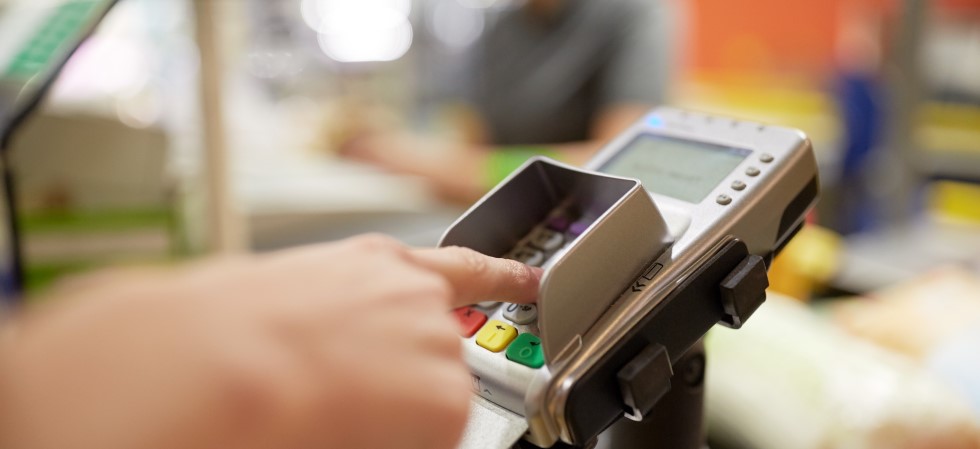The British Retail Consortium has looked at retail spending over the four weeks to 23rd November, finding grocery spending was up despite a fall in total retail sales.
Food sales increased 2.4% year-on-year over the three months to November, against a growth of 7.6% in November 2023. This is below the 12-month average growth of 3.7%.
UK total retail sales decreased by 3.3% year-on-year in November, against a growth of 2.6% in November 2023. This was below the 3-month average growth of -0.1% and the 12-month average growth of 0.5%.
Sarah Bradbury, CEO, IGD, said: “Post-October Budget, shoppers have likely noticed the media reaction from businesses, but this hasn’t significantly shifted their behaviour. November’s grocery market performance shows year-on-year growth in both value and volume.
“IGD’s latest research highlights signs of festive cheer, with 5% more shoppers than last year (41% vs 36% in 2023) planning to spend what they want this Christmas. However, despite this uplift, it’s unlikely to be a bumper Christmas for all, as many remain focused on budgeting. The festive optimism is there, but the underlying caution means spending will still be influenced by economic pressures, especially on out-of-home activities.”
Helen Dickinson, chief executive at the British Retail Consortium, said: “Retailers will be hoping that seasonal spending is delayed not diminished and that customers get spending in the remaining weeks running up to Christmas.
“If not, retailers will be feeling the squeeze from both sides as reduced revenues are met with huge additional costs next year. The Budget, as well as the introduction of new packaging levies, will cost retailers over £7 billion extra next year. How effectively the Government works the industry to mitigate these costs will determine the extent of price rises and job losses in the future.”









